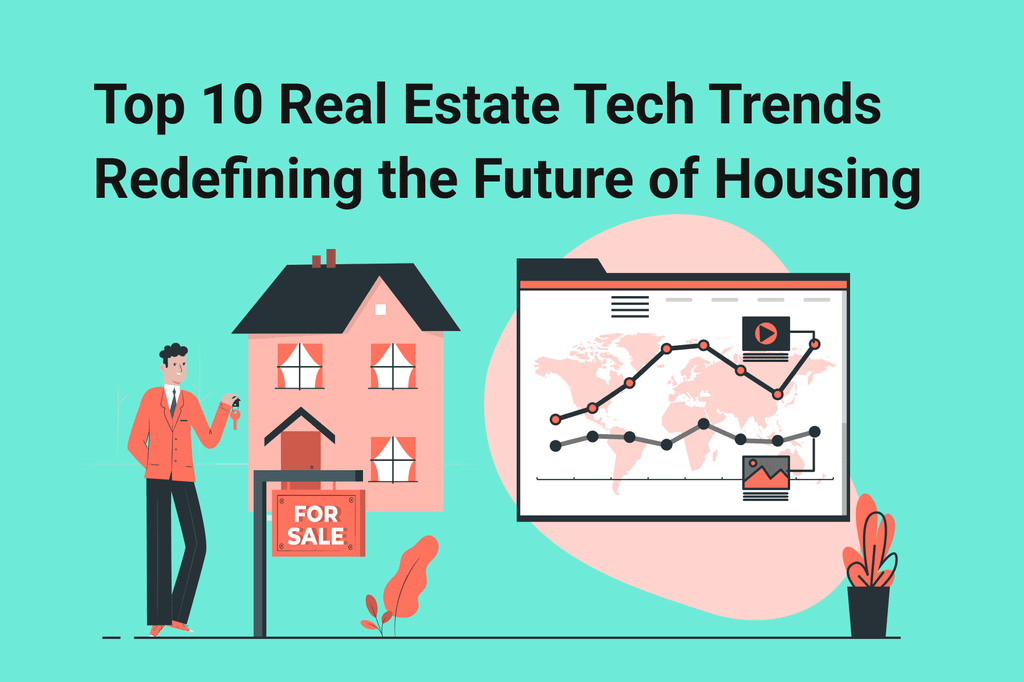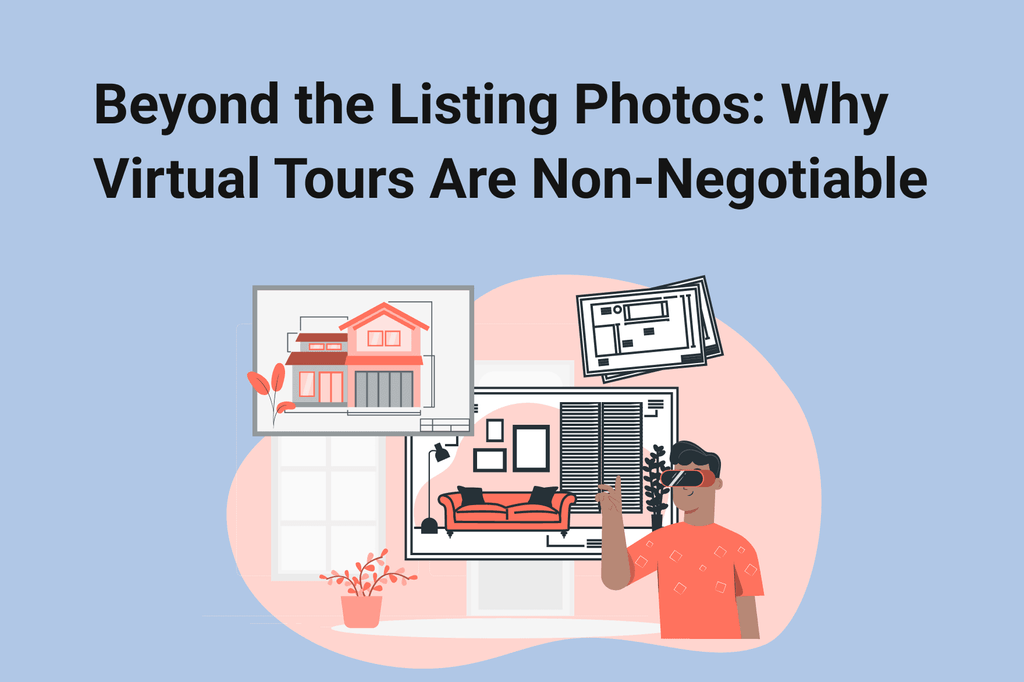
Don’t know where to start?
We will advise you on the best way to realize your idea, leveraging our expertise
FAQ
Why should real estate companies consider digitalizing deals through technologies like blockchain?
The digitalization of real estate deals addresses challenges such as lack of transparency, complex legal procedures, and logistical inefficiencies. Technologies like blockchain streamline transactions, providing clarity for clients, eliminating the need for physical presence, and optimizing the overall deal-making process.
How can artificial intelligence (AI) and machine learning (ML) benefit real estate businesses?
AI and ML advancements in real estate focus on predictive analytics and personalized customer experiences. These technologies simplify decision-making processes, assess real estate values based on multiple factors, analyze market trends, identify process gaps, and offer customers personalized selections. Automation of manual, repetitive tasks is a key advantage of integrating AI and ML into real estate workflows.
In what ways do virtual and augmented reality (VR and AR) contribute to the real estate industry?
VR and AR are pivotal in creating immersive experiences, primarily through virtual property tours and 3D modeling. Companies utilize these technologies to enhance property showings and accelerate deal closures. Additionally, VR and AR find applications in interior design visualization, allowing designers to present projects more compellingly and facilitating faster client decision-making.
Table of contents:
Want to estimate your app idea?




